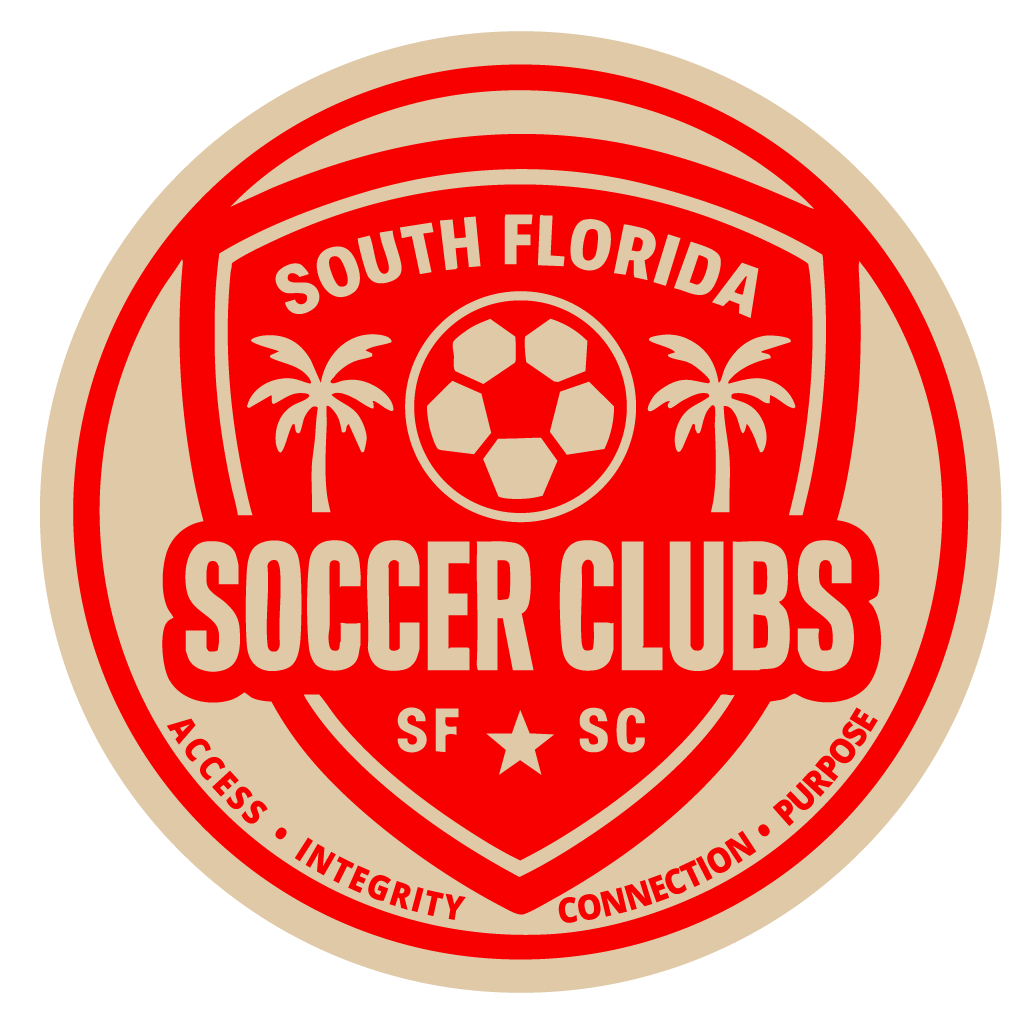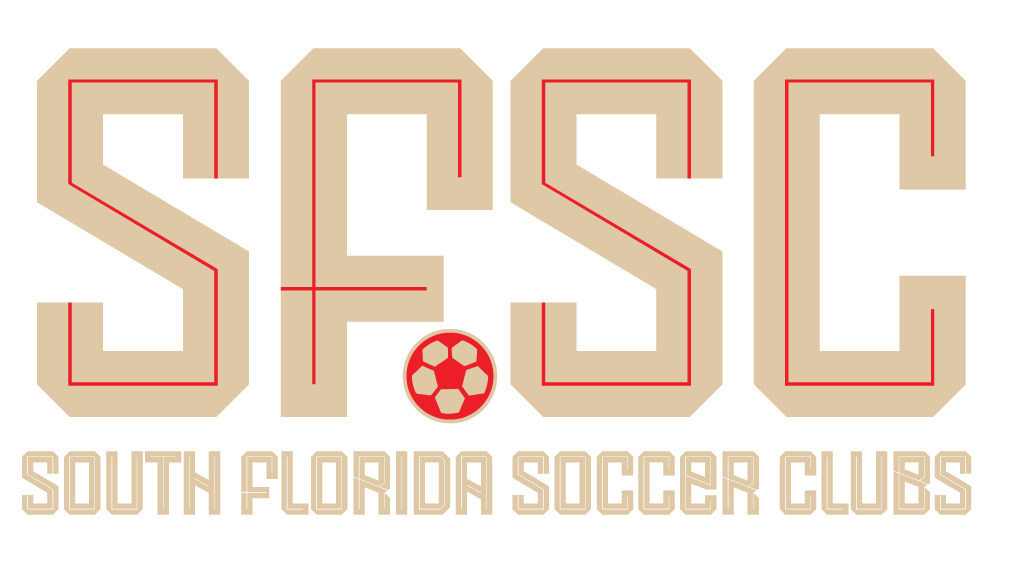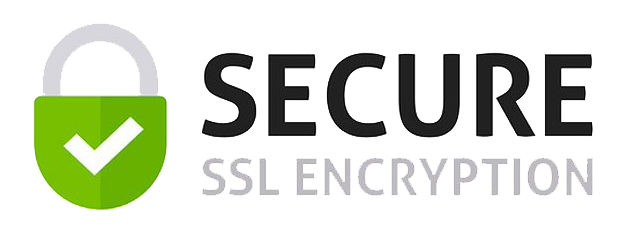So You Want to Be a Youth Soccer Team Manager?
Whether you're a dedicated mom, dad, or a volunteer stepping into the role, being a youth soccer team manager is one of the most impactful ways to support your team. From organizing communication and travel to coordinating with coaches and tournament directors, the role is essential—and rewarding. Here’s a complete guide to help you manage your team like a pro.
Core Responsibilities of a Team Manager
- Coordinate schedules: practices, games, and tournaments.
- Manage team communication (texts, emails, apps like TeamSnap or GroupMe).
- Distribute uniforms and collect registration documents.
- Assist coaches with roster and player info.
- Liaise with tournament organizers and club directors.
- Help arrange carpools, hotel blocks, and travel logistics.
Preseason Setup Checklist
- Meet with the coach to define roles and expectations.
- Gather contact info and emergency details for all players.
- Set up a team calendar with games, practices, and events.
- Order uniforms, training kits, and team gear.
- Create a communication hub (TeamSnap, WhatsApp, email list).
Game Day Checklist
- Bring player cards/roster (if required).
- Ensure players arrive on time and are in uniform.
- Bring extra water, ice packs, and first-aid essentials.
- Coordinate bench setup (chairs, shade tent if needed).
- Communicate game results to the league (if needed).
Tournament Weekend Tips
- Confirm hotel bookings for the team (if travel is involved).
- Distribute itinerary and packing checklist to parents.
- Bring copies of medical releases, birth certificates, and rosters.
- Create a group chat for fast updates (weather delays, field changes).
- Encourage positive sideline behavior from parents.
Building a Positive Team Culture
- Set the tone with clear, respectful communication.
- Remind families about sideline etiquette.
- Promote team bonding with occasional meals or outings.
- Recognize birthdays or big milestones with small gestures.
- Work as a bridge—not a buffer—between parents and coaching staff.
Tools That Make Your Life Easier
- TeamSnap or SportsEngine (scheduling and availability)
- GroupMe or WhatsApp (quick team messaging)
- Google Drive or Dropbox (store rosters, documents)
- Canva or Adobe Express (create simple flyers or updates)
- Excel or Google Sheets (for tracking payments and forms)
Managing a Recreational Team vs. a Competitive Team
There’s a big difference between managing a recreational or younger youth team and managing a high-level ECNL or MLS NEXT U17/U18 team. While core responsibilities overlap, the scale and complexity vary greatly.
Time Commitment & Expectations:
•Recreational Teams: 1–2 practices weekly, local games, minimal travel.
•Competitive Teams: 3–5 practices weekly, extensive travel, high performance expectations.
Administrative Load:
•Recreational: Simple rosters and communication.
•ECNL/MLS NEXT: Player passes, compliance documents, tournament entries, league platforms.
Communication:
•Recreational: Basic reminders and updates.
•Competitive: Liaise with directors, scouts, coaches, parents, and leagues.
Travel:
•Recreational: Mostly local.
•Competitive: Hotel coordination, flights, itineraries, field logistics.
Player Exposure:
•Recreational: Focus on fun and development.
•Competitive: Showcase preparation, scout rosters, professionalism.
Final Advice for New Managers
- Stay organized, calm, and adaptable—things will change.
- Communicate early and clearly.
- Don’t try to do everything—delegate small tasks to other parents.
- Celebrate the wins, learn from the hiccups, and have fun.




